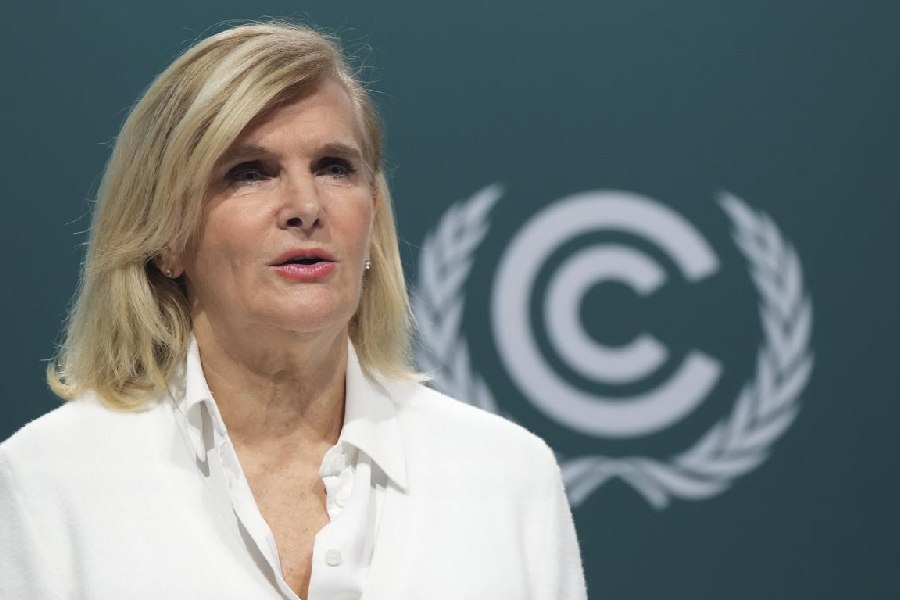India, despite being one of the most climate-vulnerable countries, has not yet agreed to join the global pledge to address the impact of climate change on health.
This comes even a year after the pledge was formalised at the Dubai summit, as confirmed by a senior World Health Organisation (WHO) official on the sidelines of the ongoing COP29 in Baku.
“India has not signed on the pledge though we keep obviously engaged with them. We are very much talking with them on the interlinkages between climate change and air pollution and how much the two things are affecting the health of the people,” said Maria Neira, the director of WHO’s public health and environment department to The Telegraph in Baku.
A recent Lancet study shows that health threats emanating from climate change have reached record-breaking proportions in most countries with India being one of the most impacted.
The WHO official referred to the ongoing worsening air pollution in Delhi to further drive home the need for India to join the global effort.
“I think now requires maybe a big push, because the figures that we are getting, even yesterday in the newspaper, we saw that the level of PM 2.5 in New Delhi for instance … they were extremely high. So, we are definitely still pushing and I’m sure that India will move,” adding: “We want India to champion as it has technology, incredible health community with experts and scientists.”
When asked why India refrains from signing a pledge, which looks like an innocuous and non-contentious one, the WHO official did not want to get into the details.
“Maybe we are not as successful with India as we would like to …As far as we know, we didn’t express any concern about anything or there was no other reason. So, it looks more procedural and weird. Hoping that soon India will join us in these efforts,” said Neira.
Indian experts were, however, more categorical.
“A careful reading of the situation suggests that the decision not to sign the pledge may have its roots in the tensions around disagreements related to Covid-related death counts, a denial of data perceived to be unfair (read, unfavourable) plus a politics of assertion that has ruffled feathers of federalism both in the domestic front as well as internationalism,” explained a senior health expert of the country with a know of things.
India had strong discord over both Covid-19 and air pollution death data in the country as showcased by WHO terming it as overestimated.
Despite India continuing to be a major absentee, the WHO-led climate health pledge, announced in Dubai COP, continues to grow. In Dubai, 123 countries had signed a declaration on the impact of climate change on health, including the US, China and frontline European nations, according to WHO in Baku, “the number has increased 30 to 40 per cent in the last one year”.
Shweta Narayan, a health expert from India, expressed surprise at India’s continuing rebuff of the health pledge.
“India demonstrated strong leadership in climate action during its G20 presidency, with the New Delhi Declaration emphasising the critical link between climate and health. These have inspired hope that this momentum would lead to endorsing the WHO-led climate and health declaration, a vital step in safeguarding the well-being of its 1.4 billion citizens. Yet, it remains perplexing that despite this leadership, India has not yet taken this crucial step.”
G20 under India’s recent presidency, issued a strong statement on the need to look at climate change and health linkage under the leadership of WHO. “We remain committed to strengthening the global health architecture, with the WHO at its core...”, reads the statement.
On Wednesday, a global report released by thinktank Germanwatch, Climate Change Performance Index, shows that India occupies the tenth position overall, a ‘high’ rating but has slipped three places compared to the last index published in 2023. India’s performance slightly slipped this year as it got a ‘low’ ranking, 33 rd, in renewable energy; though it did well in greenhouse gas emissions; energy use and climate policy.










